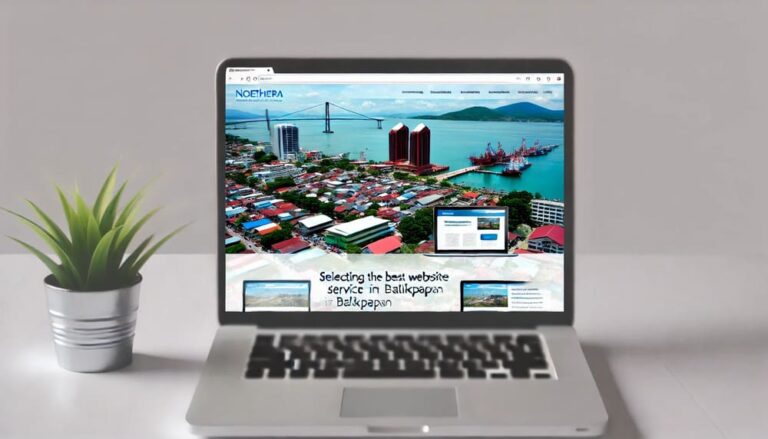Daftar Isi
- 1. Data Bisnis Kamu Tersebar di Banyak Sistem
- 2. Proses Manual Membuat Bisnis Jadi Lambat
- 3. Sulit Memantau Performa Bisnis
- 4. Manajemen Inventaris Tidak Efisien
- 5. Bisnis Kamu Tumbuh, Tapi Skalabilitas Jadi Tantangan
- 6. Pengalaman Pelanggan yang Buruk Merusak Reputasi Bisnis
- 7. Sulit Memenuhi Regulasi atau Kepatuhan
- Bagaimana ERP Mengubah Bisnis
- Bagaimana Noethera Membantu Implementasi ERP untuk Bisnis Kamu
- Kesimpulan
- Sulit mengakses informasi yang akurat dan real-time.
- Banyak waktu terbuang untuk mengonsolidasi laporan dari berbagai departemen.
- Kesalahan data karena duplikasi atau human error.
Sistem ERP yang terpusat menghilangkan masalah ini dengan mengintegrasikan semua data ke dalam satu platform. Dengan begitu, setiap departemen punya akses ke informasi yang sama, akurat, dan up-to-date. Misalnya, bisnis yang sebelumnya menggunakan spreadsheet terpisah bisa menggabungkan data untuk pelaporan dan analitik yang lebih mudah.
- Memantau level inventaris secara real-time di berbagai lokasi.
- Mengotomatisasi proses pemesanan ulang berdasarkan prediksi permintaan.
- Mengurangi pemborosan dengan mengoptimalkan level stok.
Sebagai contoh, bisnis ritel dapat menggunakan ERP untuk memprediksi permintaan musiman dan memastikan produk yang tepat tersedia saat pelanggan membutuhkannya.










